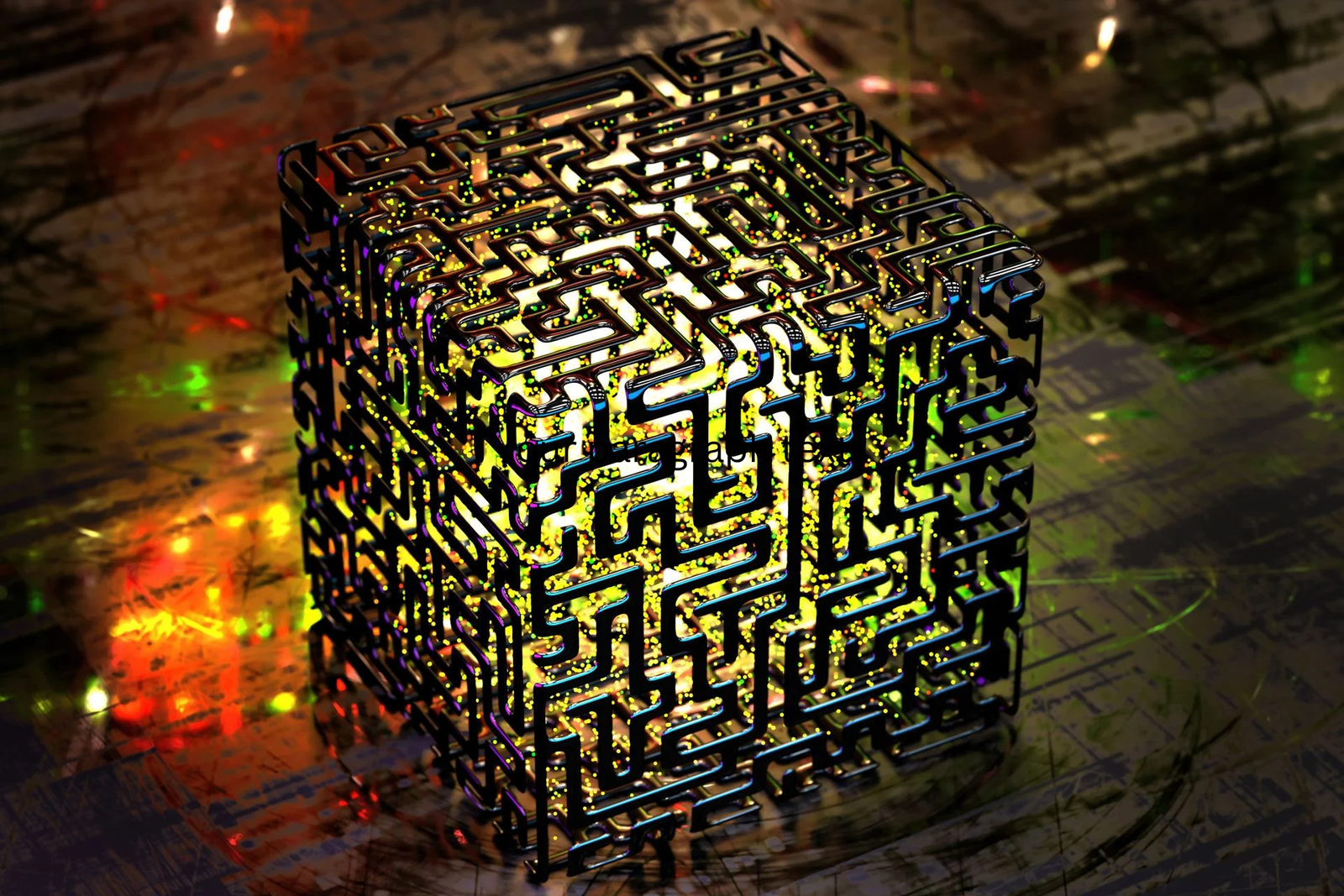Quantum Computing and Cyber Security Basics
With the boom in technology, the scope as well as the difficulty of cybersecurity is on the rise too. Quantum computing is one of the most revolutionary innovations just around the corner. We all know that traditional computers use bits to represent and process information in binary form (0s and 1s). However, unlike traditional computers, quantum computers use qubits, which can exist in multiple states at the same time due to quantum phenomena like superposition and entanglement. As a result, quantum computing is exponentially faster than classic computers in solving complex problems and can work at a much larger scale toward finding a powerful solution.
This unprecedented computing power poses both promise and peril in the world of cybersecurity. Quantum computing can bolster defenses via enhanced encryption techniques and detect cyber security threats as they occur. On the other, though, it could break modern encryption algorithms (RSA, ECC, etc.) in a fraction of the time—which could spell disaster for sensitive data sector-wide.
With most quantum technology still being constructed and maturing, cybersecurity professionals are examining fresh methods and approaches for protecting digital infrastructure from the threats of quantum-powered intelligence. This confluence of technology points toward an exhilarating, but fraught, future—where both defense and attack reach unprecedented heights.
The Power of Quantum Computing in Security
By quickly analyzing data, identifying dangers, and improving encryption, quantum computing's exceptional processing capacity has the potential to completely transform cybersecurity. Security systems are far more proactive because quantum systems, in contrast to classical computers, can execute several calculations at once, allowing them to identify cyber threats instantly.
Nearly impenetrable security is provided by quantum encryption techniques such as Quantum Key Distribution (QKD), which notify users of any efforts at interception. Furthermore, quantum computers can detect network weaknesses, defending vital infrastructure from increasingly complex attacks, such as energy grids and Internet of Things devices.
Quantum-Resistant Cryptography Development
Traditional encryption techniques like RSA and ECC could be cracked due to the development of quantum computing, which would be extremely dangerous for data security. Researchers are creating quantum-resistant cryptography algorithms that can survive the sophisticated powers of quantum computers to combat this.
These new algorithms, referred to as post-quantum cryptography, are being developed to either strengthen or replace current encryption techniques, guaranteeing that data is safe even in a world powered by quantum technology. This proactive strategy is crucial because it enables organizations, governments, and corporations to get ready for the possible cybersecurity disruption that quantum computing may bring. The creation and implementation of these quantum-safe algorithms will be essential to guarantee data security for many years to come.
Quantum computing's possible use in cybersecurity
Quantum computing offers the potential to develop new data protection techniques as well as bolster cybersecurity defenses. The following use scenarios show promise
Secure Communication Using Quantum Key Distribution (QKD)
Quantum Key Distribution (QKD) securely transmits encryption keys by utilizing quantum physics. By changing the key's quantum state, every effort to intercept it via QKD notifies both parties of a potential breach. Nearly impenetrable communication channels could be made possible by this technology, particularly for high-stakes sectors like government and banking.
Improved Real-Time Monitoring and Threat Identification
Large datasets may be quickly analyzed using quantum computing due to its enormous processing speed, which enables real-time network traffic monitoring to identify irregularities. This can speed up response times and improve security by assisting in the real-time detection of possible cyber threats.
Advanced Patch Management and Vulnerability Detection
Complex code and network systems can be analyzed by quantum computing to find weaknesses that traditional computers would overlook. By detecting vulnerabilities and facilitating quicker patch deployment to stop attacks, this capacity can make cybersecurity measures more proactive.
Proactive Cyber Defense Using Predictive Analytics
Potential cyber threats could be predicted using quantum-powered predictive analytics using past attack data and trends. This would change cybersecurity from a reactive to a proactive strategy by allowing firms to strengthen defenses beforehand.
Protecting Critical Infrastructure and IoT
Critical infrastructure, including electricity grids and healthcare systems, as well as Internet of Things (IoT) devices, may be safer thanks to quantum computing. Quantum computers can quickly evaluate data from these systems and keep an eye out for possible faults or breaches, assisting in defending these vital networks from advanced cyber threats.
The Dual edge sword of Quantum Computing
In cybersecurity, quantum computing has enormous promise as a disruptive force to current defenses as well as a potent instrument for protection. On the one hand, enhanced data protection techniques, quick threat detection, and quantum key distribution are some ways that quantum computing can improve security systems. It provides the capacity to proactively protect against cyber threats, detect anomalies, and securely encrypt communications because of its unmatched processing speed.
However, the same power could readily crack the widely used encryption methods of today, including RSA and ECC, which safeguard private information all across the world. Shor's and other quantum algorithms may enable quantum computers to decode data at rates that are not possible for classical computers, endangering sensitive data ranging from private correspondence to financial transactions.
Because of this duality, cybersecurity can be strengthened by quantum computing, but it also necessitates quick preparation for emerging vulnerabilities. Governments and businesses must quickly adjust to take advantage of quantum's advantages without succumbing to its disruptive potential as they transition to quantum-safe cryptography.
Conclusion
By challenging current encryption techniques and bringing strong capabilities for threat detection and data protection, quantum computing is poised to completely transform cybersecurity. Because of its capacity to crack traditional encryption, there is an immediate need for quantum-resistant cryptography, which forces governments and businesses to get ready for a future driven by quantum technology. Quantum computing promises a more robust and proactive approach to cybersecurity as we enter this era, but it also necessitates quick adaptation to mitigate its vulnerabilities. Digital security will ultimately be redefined by the development of quantum computing, which will bring with it previously unheard-of potential as well as challenges.











